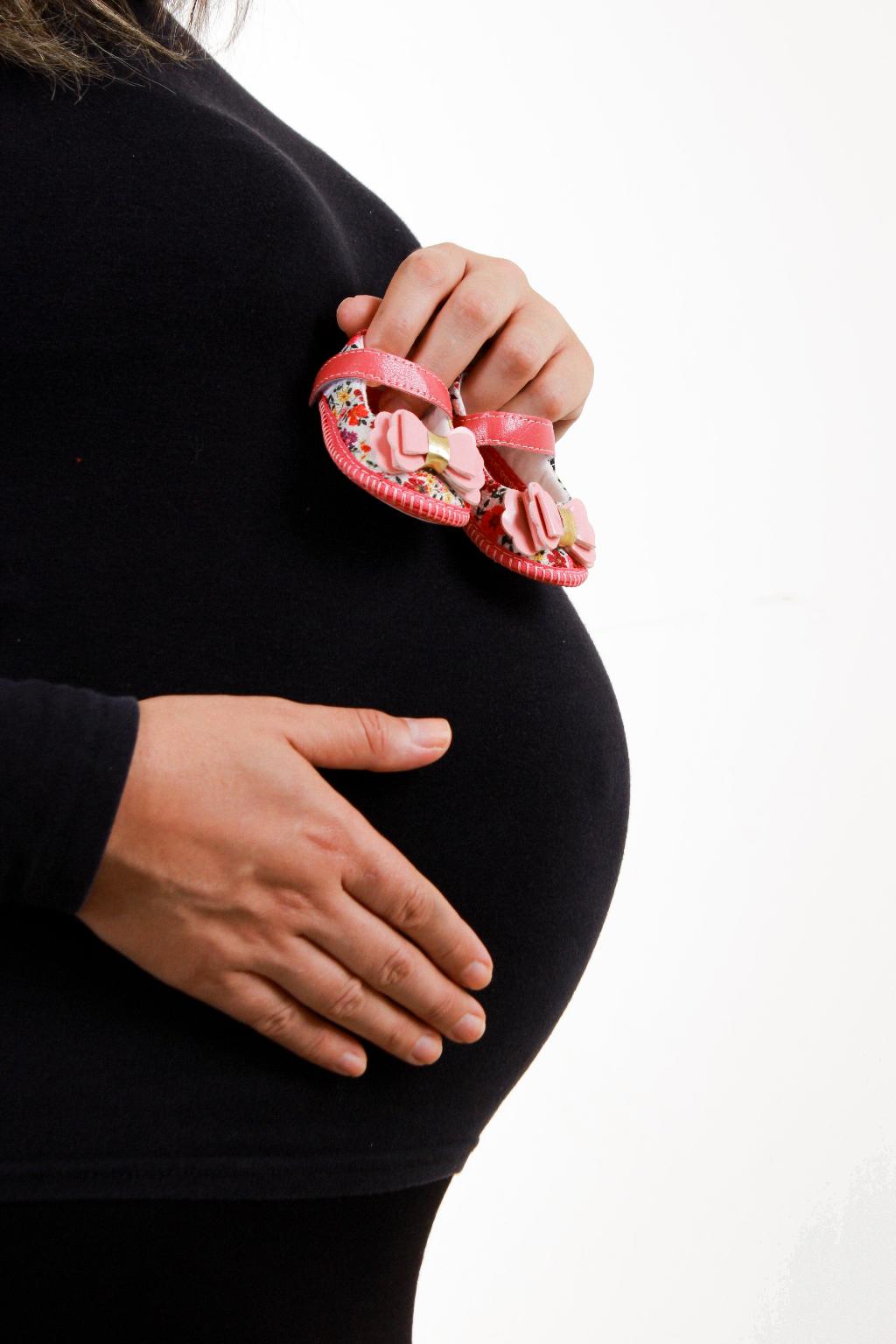At the 3rd week of pregnancy, a pivotal stage in the early development of your baby occurs. This is the time when the blastocyst, a cluster of cells, is rapidly expanding and dividing in the uterus.
Growth of the Blastocyst
The blastocyst plays a crucial role in the formation of the placenta, which is a vital organ that sustains the pregnancy by providing nutrients and oxygen to the developing embryo.
Role of the Placenta
One of the key functions of the placenta is to produce hCG, known as human chorionic gonadotropin. This hormone is responsible for maintaining the corpus luteum, which in turn produces progesterone necessary for the continuation of the pregnancy.
Importance of hCG
Early detection of pregnancy is often enabled by the presence of hCG in the bloodstream. This hormone is the target of most over-the-counter pregnancy tests, which detect its presence in urine.
Implantation Process
During the 3rd week of pregnancy, the blastocyst typically implants itself into the thickened lining of the uterus. This process is essential for the successful development of the embryo.
Signs and Symptoms
At this early stage, many women may not experience overt pregnancy symptoms. However, some early signs such as mild cramping or spotting could be present.
Health and Nutrition Tips
It is crucial to maintain a healthy lifestyle during pregnancy. Ensure you are consuming a balanced diet rich in nutrients to support the growth and development of the embryo.
Medical Support
If you suspect you are pregnant or have confirmed your pregnancy, it is advisable to schedule a prenatal appointment with a healthcare provider. Early prenatal care is essential for the well-being of both the mother and the baby.
Emotional Well-being
Pregnancy can be a time of immense emotional changes. It is important to prioritize self-care and seek support from loved ones during this transitional period.
Conclusion
The 3rd week of pregnancy marks a critical juncture in the early stages of fetal development. Understanding the processes unfolding during this time can empower expectant mothers to make informed choices for a healthy pregnancy journey.

